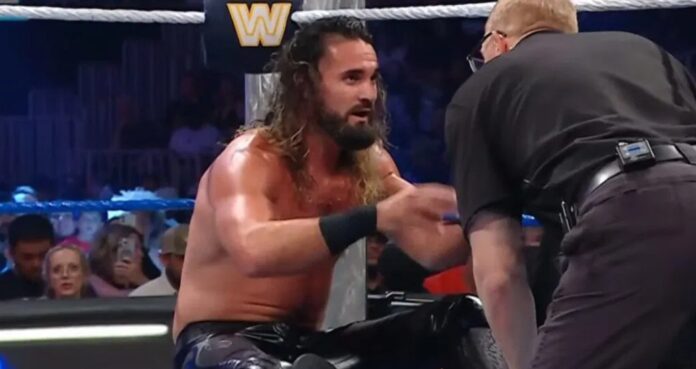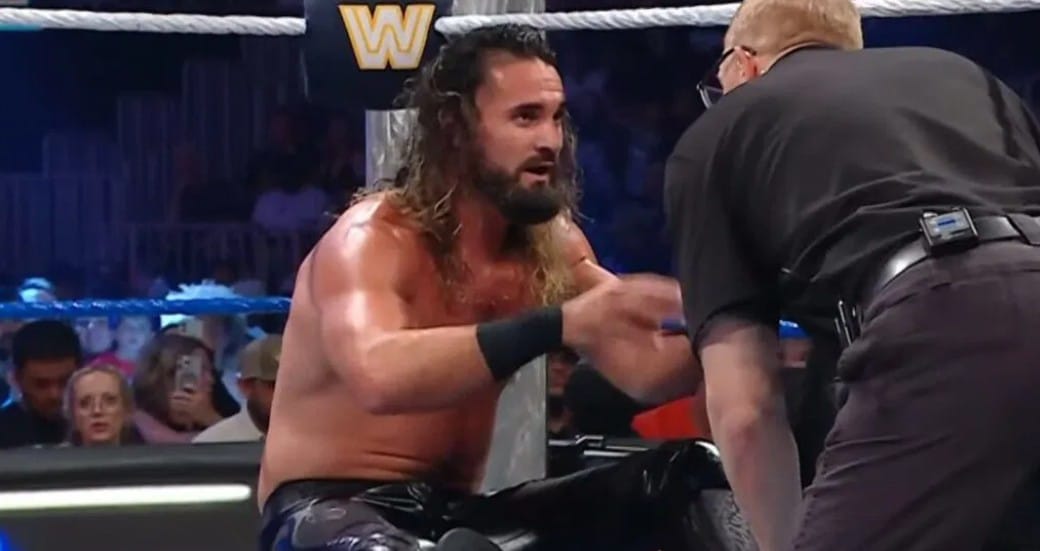

It was a massive weekend in pro wrestling, and the Hot Tag Wrestling Podcast crew is back on PWMania.com to break it all down!
Justin C, Cam, and “The Chairman” Steven Vincent return to cover all the major stories coming out of the weekend, including:
– Naomi’s shocking Money in the Bank cash-in
– The latest on Seth Rollins’ injury and what it means for the world title picture
– Hangman Adam Page’s emotional title win
– And much more!
From WWE to AEW, no major moment goes untouched as the crew delivers their trademark mix of analysis, opinion, and enthusiasm.
Listen now below:
Catch all the latest podcasts and wrestling news at PWMania.com!
(Except for the headline, this story has not been edited by PostX News and is published from a syndicated feed.)

